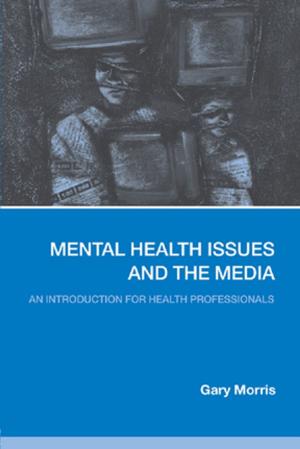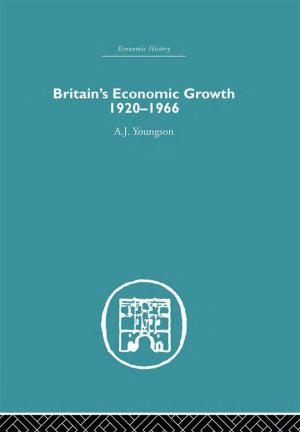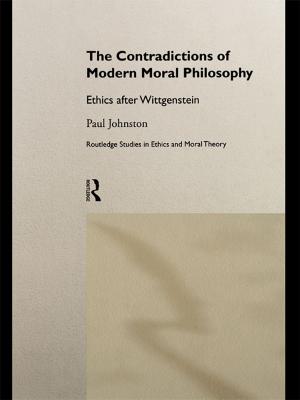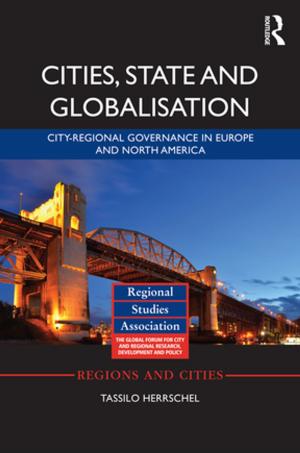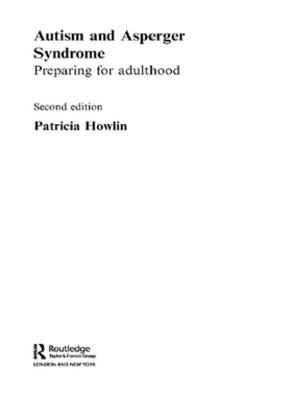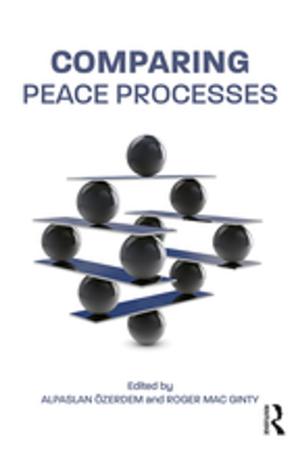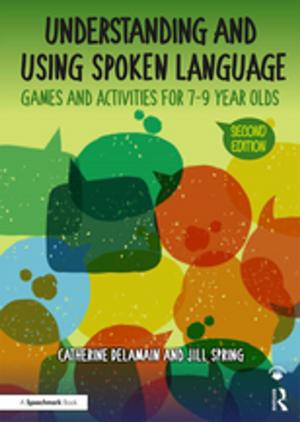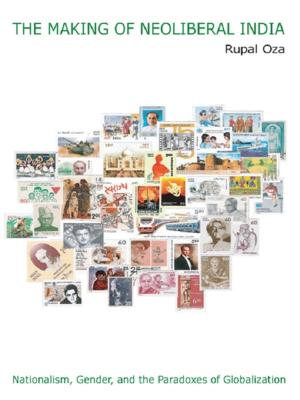Cold War Literature
Writing the Global Conflict
Fiction & Literature, Literary Theory & Criticism, European, Eastern European, Nonfiction, History| Author: | ISBN: | 9781134272549 | |
| Publisher: | Taylor and Francis | Publication: | November 22, 2006 |
| Imprint: | Routledge | Language: | English |
| Author: | |
| ISBN: | 9781134272549 |
| Publisher: | Taylor and Francis |
| Publication: | November 22, 2006 |
| Imprint: | Routledge |
| Language: | English |
The Cold War was the longest conflict in a century defined by the scale and brutality of its conflicts. In the battle between the democratic West and the communist East there was barely a year in which the West was not organising, fighting or financing some foreign war. It was an engagement that resulted – in Korea, Guatemala, Nicaragua and elsewhere – in some twenty million dead. This collection of essays analyses the literary response to the coups, insurgencies and invasions that took place around the globe, and explores the various thematic and stylistic trends that Cold War hostilities engendered in world writing.
Drawing together scholars of various cultural backgrounds, the volume focuses upon such themes as representation, nationalism, political resistance, globalisation and ideological scepticism. Eschewing the typical focus in Cold War scholarship on Western authors and genres, there is an emphasis on the literary voices that emerged from what are often considered the ‘peripheral’ regions of Cold War geo-politics.
Ranging in focus from American postmodernism to Vietnamese poetry, from Cuban autobiography to Maoist theatre, and from African fiction to Soviet propaganda, this book will be of real interest to all those working in twentieth-century literary studies, cultural studies, history and politics.
The Cold War was the longest conflict in a century defined by the scale and brutality of its conflicts. In the battle between the democratic West and the communist East there was barely a year in which the West was not organising, fighting or financing some foreign war. It was an engagement that resulted – in Korea, Guatemala, Nicaragua and elsewhere – in some twenty million dead. This collection of essays analyses the literary response to the coups, insurgencies and invasions that took place around the globe, and explores the various thematic and stylistic trends that Cold War hostilities engendered in world writing.
Drawing together scholars of various cultural backgrounds, the volume focuses upon such themes as representation, nationalism, political resistance, globalisation and ideological scepticism. Eschewing the typical focus in Cold War scholarship on Western authors and genres, there is an emphasis on the literary voices that emerged from what are often considered the ‘peripheral’ regions of Cold War geo-politics.
Ranging in focus from American postmodernism to Vietnamese poetry, from Cuban autobiography to Maoist theatre, and from African fiction to Soviet propaganda, this book will be of real interest to all those working in twentieth-century literary studies, cultural studies, history and politics.

